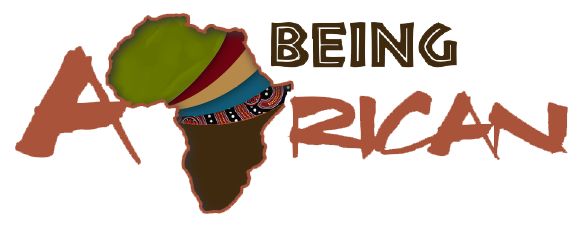Death & Funerals in Igbo Culture
Death and burial (Inyi ozu)
by Toni Akose Ogobegwu
In Igboland, there is no unified custom for burial. Despite the differences in burial rituals among different communities, one thing is common to most of them; there is a first and second burial. The first burial consists of just interment (the burial of a corpse in a grave or tomb, typically with funeral rites). Some families, not wanting to keep their dead in the mortuary, immediately commit the body of their deceased relatives to the earth. At the same time, they prepare for the second burial, which involves a lot of money.
Igboland has a tradition of having two burials for the deceased: the first burial is the immediate interment of the body. In contrast, the second burial is a more elaborate and costly ritual to sever the spirit of the dead from the living and grant them rest. The gap between the two burials is due to the cost, as some families may not have the resources to conduct both simultaneously. The status of the deceased in the community also determines the type and cost of the burial, with traditional titleholders having more elaborate and expensive rituals. The financial burden of funerals in Igboland has become so significant that measures are being taken to reduce it.
The main reason there is a gap between the first burial ( putting the body in the grave) and the traditional burial is that some families may not have the resources to conduct the two burials simultaneously. Hence, they wait until they have raised enough money to handle the expenses of the second burial, which can be pretty expensive in some communities.
Traditionally, the aim of the second burial, according to the elders, is to sever the spirit of the dead from the living and grant the dead rest. According to them, when the rituals are not performed, the deceased’s spirit will continue to wander and, in some cases, trouble the community. For this reason, most Igbos, not minding the cost of the second burial, will do all that is in their power to do the second burial for their dead relatives.
When a person dies in Igboland, the burial accorded him usually is determined by their status in the community. If he died as a traditional title holder, highly esteemed, the rites would be different and more expensive than that of a person who held no title. The number of days designated for the rituals also varies depending on the person’s status. The traditional title holder’s burial spans seven to fourteen days, depending on the community. But for the nontitle holder, it can usually take one to three days.
Burial in most Igbo communities is a costly undertaking. Some families may therefore opt to keep their dead ones in the mortuary longer, giving themselves ample time to prepare for the type of send-off they desire for their loved one, the final burial.
Most of the expense incurred during a funeral ceremony goes towards feeding the community members. Incontrovertible, the funeral ceremony is marked by lots of eating and drinking. Visitors from outside the community are entertained on the day the body is interred, and afterward, the second burial begins. The majority of the money is spent during these rituals.
Thankfully, in many Igboland communities, measures are now being taken to reduce the financial burden of burying people. This burden became so much that when a person loses his relative and is crying so much, he will be asked, “Is it the loss or the ‘other one’ making you cry like this?” The ‘other one” is the responsibility of finding money to bury the dead.
